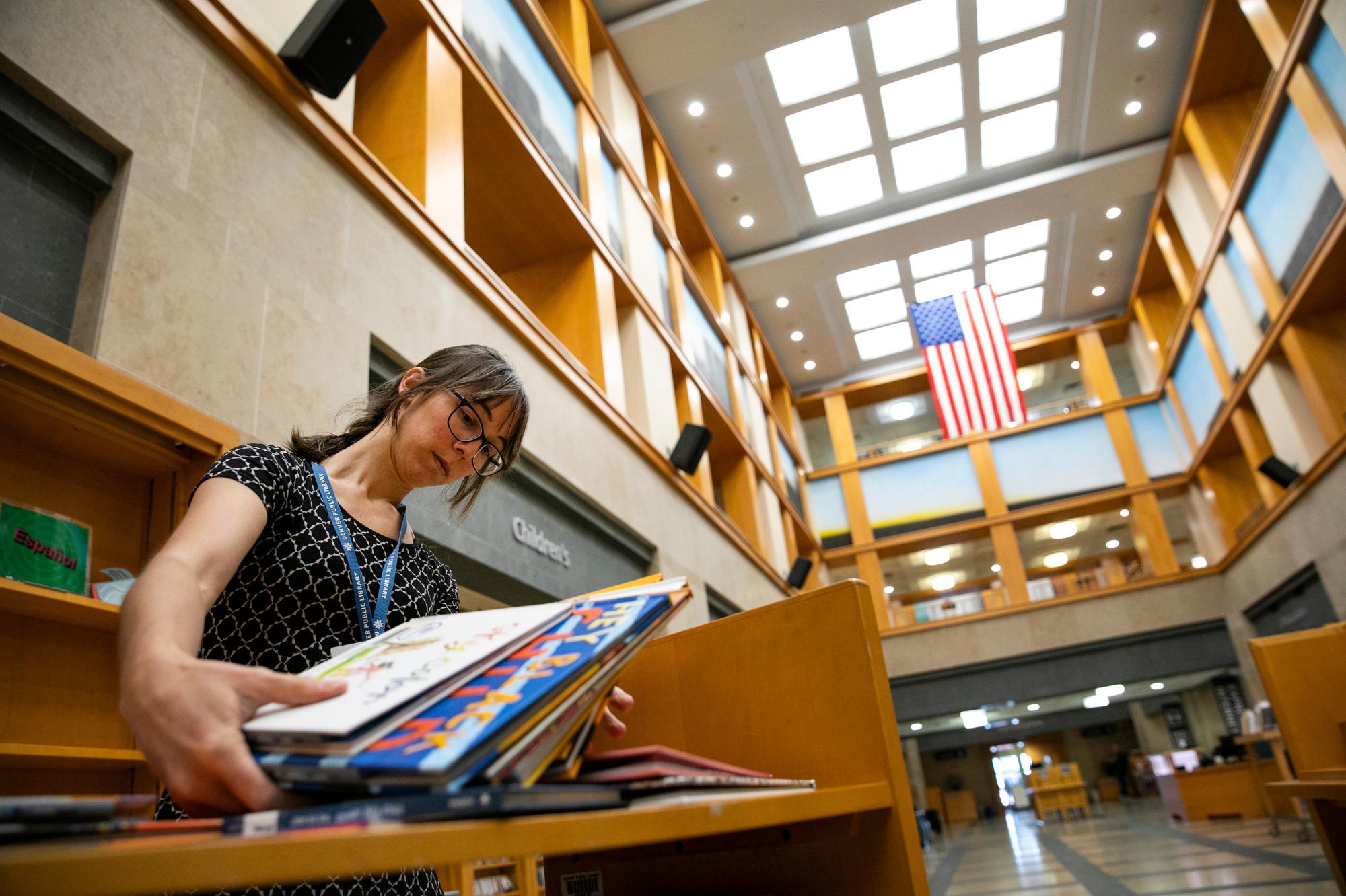A lot's going on at the Denver Public Library (DPL). A new RiNo branch opened in February, and construction is underway on new Globeville and Westwood buildings, aiming to improve access in underserved neighborhoods. Plus, there's renovations in progress at a number of other branches.
With all this work, the library says it doesn't have all the funding it needs to serve the demand for resources, pay market wages and more. So it'll be up to the voters whether to raise taxes so the library can have more money for these things.
Here's the language you'll see on the ballot:
Shall city and county of Denver taxes be increased by not more than $36 million (approximately $4.19 per month for the typical home) in 2023 and by whatever additional amounts are received annually thereafter by increasing the city's mill levy rate 1.5 mills, which will be used to fund the Denver Public Library in order to maintain existing services and meet the increased demand for additional services which may include:
- Increasing pay for librarians and staff making below-market wages
- Increasing technology to support patrons who lack internet access
- Enhancing programs and services for children, youth, older adults, communities of color, and vulnerable groups like immigrants and refugees
- Expanding resources for those in the job market and helping connect people to potential employers in the community
- Returning library branches from reduced hours to normal schedules and allowing libraries to be open on nights and weekends
- Expanding the collection of books, media, and other popular items to reduce wait times
And shall the city be authorized to increase such mill levy beginning in tax collection year 2023 and annually thereafter to offset property tax refunds or abatements or reductions in the percentage of actual valuation used to determine assessed valuation; and shall the revenue and earnings on this property tax be collected and spent as a voter-approved revenue change and an exception to the limits that would otherwise apply under article x, section 20 of the Colorado constitution and any other law?
How would it work?
Denver would raise property taxes next year to provide an estimated additional $36 million for the Denver Public Library. The measure estimates that the average homeowner would pay an additional $4.19 per month, a figure based on the city auditor's price of $469,000 as Denver's median home value.
The money would go towards improving wages, technology and programs at the library, as well as expanding hours, which were restricted during the pandemic. Some cities fund their libraries through annual taxes, but Denver's funding currently comes through the city's general fund in the budget.
You can calculate how much you would pay specifically with this tool from Strong Library Strong Denver, a group supporting the measure. The tax would come out to $0.89 per month for every $100,000 of assessed value for residential property owners, and $3.63 per month for commercial property owners.
Who's for it?
At an August city council meeting approving the library's request to put the measure on the ballot, around a dozen people spoke in favor of the proposal, many of which were DPL employees. Plus, Strong Library Strong Denver has organized a formal campaign in favor of the measure. Proponents say the current funding for the library is not enough for DPL to accomplish its goals, including paying fair market wages, expanding services in neighborhoods that need more resources and adding hours.
Who's against it?
There's no organized opposition to the measure, but at the council meeting in August, some members expressed concern about rising costs of living coupled with additional taxes. Councilmember Stacie Gilmore asked about a potential sales tax instead, which DPL said was less favorable in community feedback. Councilmember Christopher Herndon was the sole no-vote against the measure making the ballot, arguing that while additional library funding is important, the city can find the extra money in its general budget without raising the price on taxpayers.














